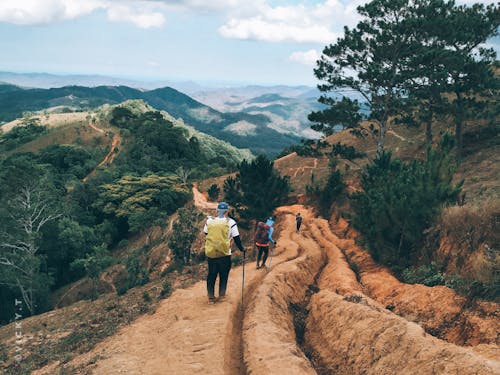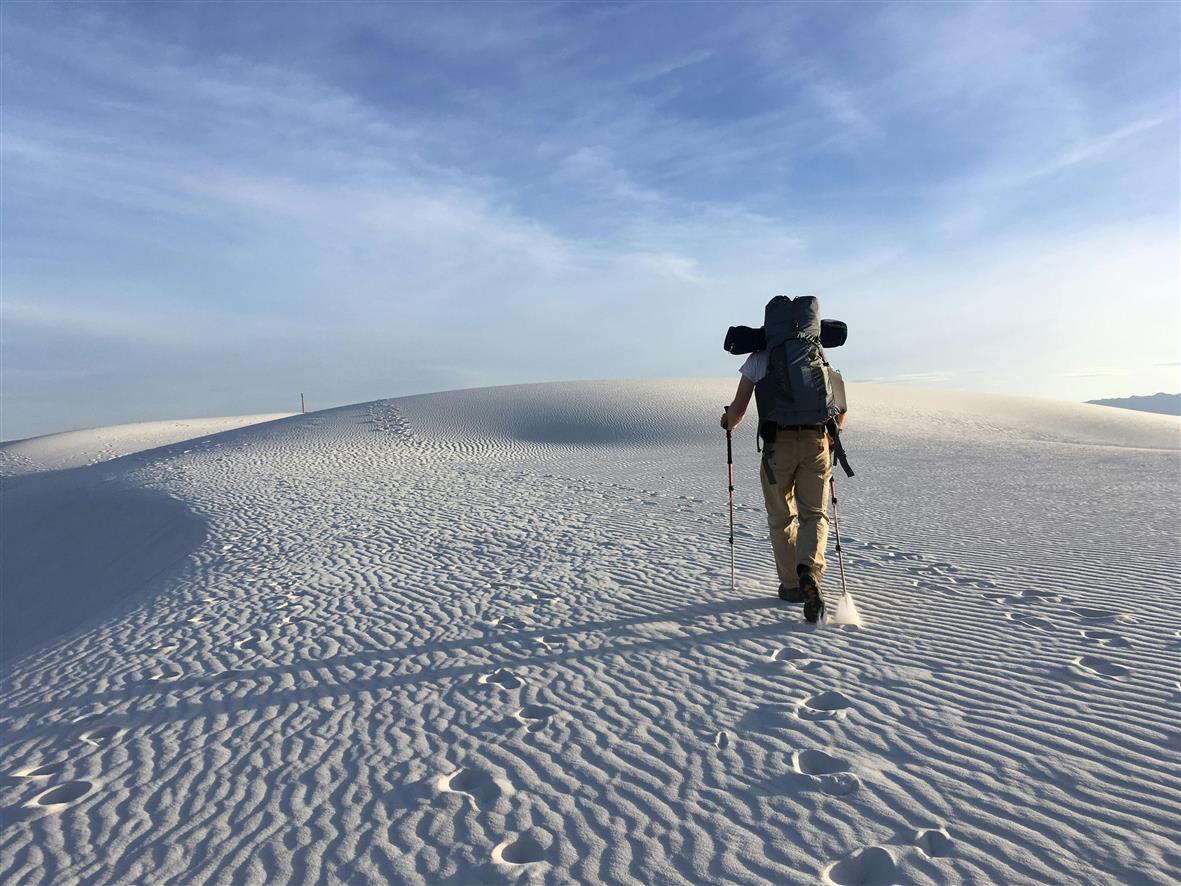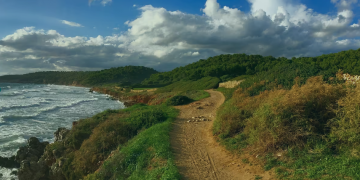
Backpacking on a budget is a thrilling way to explore the world while keeping expenses in check. For many, the idea of traveling extensively while adhering to a tight budget is both appealing and challenging. Whether you’re a seasoned backpacker or a novice looking to embark on your first budget adventure, mastering the art of economical travel requires careful planning and savvy strategies. This comprehensive guide will delve into essential tips and tricks for budget backpacking, offering insights on how to make the most of your travels without overspending.
Planning Your Budget
Setting a Realistic Budget
Before you set off on your backpacking adventure, it’s crucial to establish a realistic budget. Consider the following elements to create an effective budget:
- Destination Costs: Research the cost of living in your chosen destinations. Countries and cities vary widely in terms of accommodation, food, transportation, and activities. Websites like Numbeo and Expatistan provide cost-of-living comparisons to help you estimate expenses.
- Duration of Travel: Determine how long you plan to travel and calculate your daily expenses accordingly. Include a buffer for unexpected costs or emergencies.
- Currency Exchange Rates: Monitor exchange rates to make informed decisions about currency conversion. Apps like XE Currency can help you keep track of current rates.
Creating a Budget Breakdown
Divide your budget into categories to manage your expenses more effectively:
- Accommodation: Estimate the cost of staying in hostels, guesthouses, or budget hotels. Consider alternatives like Couchsurfing or Airbnb for potentially lower rates.
- Food: Plan for daily meals, including dining out and cooking your own food. Street food and local markets can be budget-friendly options.
- Transportation: Account for both local and long-distance travel. Look into budget airlines, trains, and buses, and consider purchasing travel passes or discount cards.
- Activities and Attractions: Allocate funds for sightseeing, tours, and entry fees to attractions. Research free or low-cost activities in your destinations.
Finding Affordable Accommodation
Hostels and Budget Hotels
Hostels are a popular choice for budget backpackers. They offer affordable accommodation and opportunities to meet fellow travelers. Consider the following tips:
- Book in Advance: While spontaneous travel can be exciting, booking hostels in advance ensures you secure the best rates and availability.
- Read Reviews: Check online reviews and ratings on platforms like Hostelworld and Booking.com to find reputable hostels with good amenities and security.
Budget hotels are another option. Look for deals on sites like Agoda or Expedia, and consider booking last-minute for potentially lower prices.
Alternative Accommodation Options
- Couchsurfing: Couchsurfing connects travelers with locals who offer free accommodation. It’s an excellent way to immerse yourself in local culture and save on lodging costs.
- Airbnb: Airbnb offers a range of accommodation options, from private rooms to entire homes. Look for budget-friendly options and consider booking longer stays for discounts.
- Work Exchanges: Programs like Workaway and WWOOF (World Wide Opportunities on Organic Farms) allow you to work in exchange for free accommodation and meals.
Saving on Food and Dining
Eating Like a Local
Eating out can be one of the biggest expenses while traveling. To save money, focus on local dining options:
- Street Food: Street food is often delicious and budget-friendly. It also provides a taste of local cuisine and culture. Look for popular food stalls and markets frequented by locals.
- Local Restaurants: Avoid touristy restaurants and seek out local eateries. They typically offer authentic food at lower prices.
Self-Catering
- Grocery Shopping: Visit local markets or grocery stores to purchase ingredients for cooking your own meals. Prepare simple dishes like pasta, rice, and salads, which are cost-effective and easy to make.
- Hostel Kitchens: Many hostels provide communal kitchens where you can cook your own meals. Take advantage of these facilities to save on dining costs.
Budget Meal Planning
- Meal Prep: Plan your meals ahead of time to avoid impulse purchases and unnecessary expenses. Create a meal plan that includes breakfast, lunch, and dinner options.
- Snacks and Drinks: Carry snacks and refillable water bottles to avoid buying expensive items on the go.
Economical Transportation
Local Transportation
Navigating local transportation efficiently can help you save money:
- Public Transit: Utilize buses, trains, and trams for affordable travel within cities. Purchase day passes or multi-ride tickets if available.
- Walking and Cycling: Explore cities on foot or rent bicycles. Walking and cycling are not only budget-friendly but also provide a more intimate experience of your surroundings.
Long-Distance Travel
- Budget Airlines: Look for budget airlines and book flights in advance to secure the best rates. Use fare comparison websites like Skyscanner or Google Flights to find deals.
- Trains and Buses: Consider taking trains or buses for long-distance travel. They are often more affordable than flights, especially if booked early.
- Ride-Sharing and Car Rentals: For group travel or reaching remote areas, ride-sharing apps like BlaBlaCar and car rentals can be economical options.
Free and Low-Cost Activities
Exploring Natural Wonders
- Parks and Trails: Visit national parks, nature reserves, and hiking trails for free or low-cost outdoor activities. Research local parks and natural attractions that offer scenic beauty and recreational opportunities.
- Beaches and Lakes: Many beaches and lakes are free to access and provide opportunities for swimming, picnicking, and relaxation.
Cultural and Historical Sites
- Free Museums and Galleries: Some museums and galleries offer free entry on specific days or times. Check their websites for free admission policies and special events.
- Walking Tours: Take advantage of free walking tours offered in many cities. These tours provide insights into local history and culture without the cost of organized tours.
Local Festivals and Events
- Festivals: Participate in local festivals, markets, and cultural events. Many of these activities are free or low-cost and offer a unique glimpse into local traditions and celebrations.
Budget-Friendly Travel Tips
Travel Insurance
Invest in travel insurance to protect yourself from unexpected expenses, such as medical emergencies or trip cancellations. Compare insurance policies to find coverage that fits your budget and needs.
Packing Smart
- Essential Gear: Pack light and bring only essential items to avoid extra baggage fees. Choose versatile clothing that can be mixed and matched.
- Travel Accessories: Bring items such as a travel pillow, reusable utensils, and a power bank to enhance comfort and convenience while on the road.
Staying Connected
- SIM Cards and Data Plans: Purchase local SIM cards or data plans for affordable communication and internet access. Research options before traveling to find the best deals.
- Wi-Fi: Utilize free Wi-Fi available in cafes, libraries, and public spaces to stay connected and save on data costs.
Money-Saving Strategies
Budget Apps and Tools
Use budgeting apps and tools to track your expenses and stay within your budget. Apps like Trail Wallet and Mint can help you monitor spending and manage your finances.
Currency Exchange
- Exchange Rates: Exchange currency at favorable rates by using ATMs or local currency exchange services. Avoid exchanging money at airports or tourist areas, as they often have higher fees.
- Credit Cards: Use credit cards with no foreign transaction fees to avoid additional costs. Be mindful of interest rates and pay off balances promptly.

Budget backpacking requires a balance of careful planning and flexibility. By setting a realistic budget, finding affordable accommodation, saving on food, and using economical transportation options, you can make the most of your travels without overspending. Embracing free and low-cost activities, and employing budget-friendly travel tips will further enhance your experience. Whether you’re exploring hidden gems or popular destinations, the principles of budget backpacking allow you to enjoy a fulfilling and adventurous journey while keeping your finances in check. With these essential tips, you’re well-equipped to embark on a memorable and cost-effective travel adventure.











